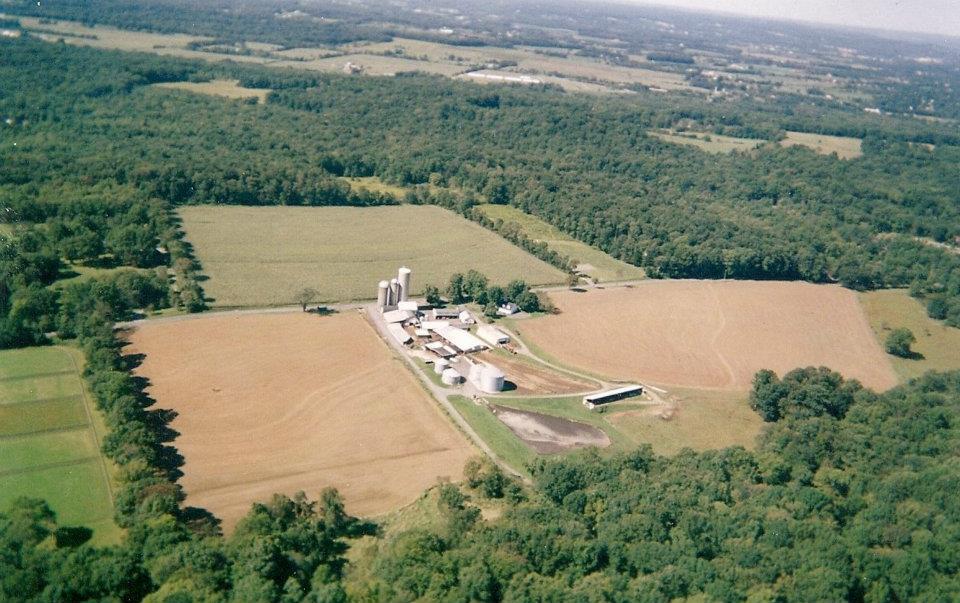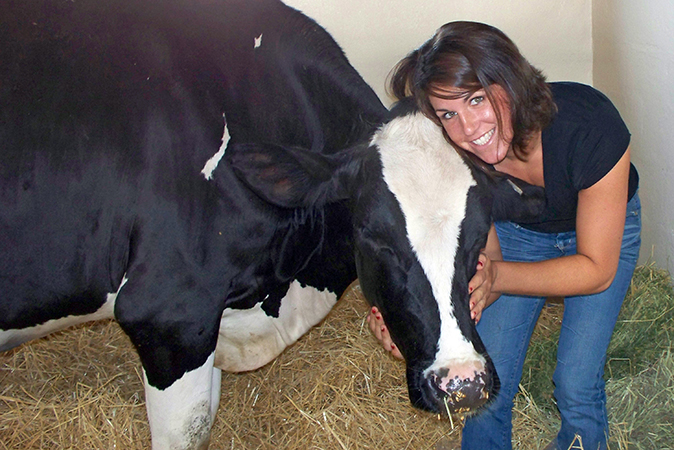For more than a century, the Fulper family has been growing and producing food for their local community and caring for the land preserving its natural beauty
The Farm Timeline
Our story began in 1909 when Mary Fulper moved to Lambertville, NJ and brought one cow with her, where her family started growing vegetables.

Mary’s son, Norman and his wife, Harriet took over the farm in 1918 and bought their first tractor in 1923.
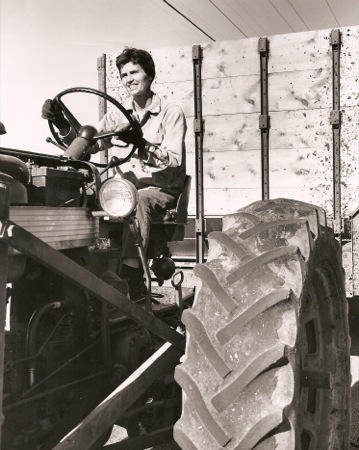
They gradually expanded the farm while milking 20 cows by hand, growing tomatoes for Campbell’s Soup, and hauling vegetables to the Trenton, NJ farmer’s market until the late 1940’s.
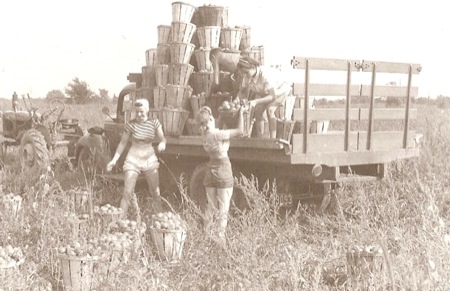
While expansion continued, the latest technology was embraced in order to continually produce high quality products. Furthermore, the latest soil conservation methods were practiced to protect the soil and land. Milking 80 cows and farming over 200 acres, Norman’s son, Robert and his wife, Sarah bought the farm and installed a state-of-the-art milking parlor in 1958. They continued expansion and profound innovation.
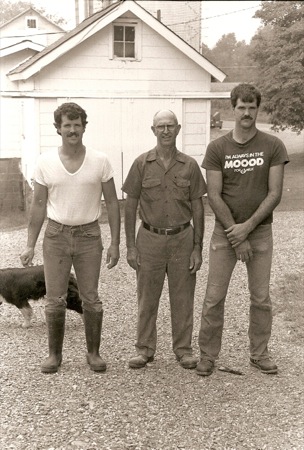
Today, Robert’s forward-thinking sons, Robert II and Fred Fulper own and manage the farm. Producing wholesome, quality products in an environmentally-friendly way is still a major focus for the brothers. They continue to pave the way for “greener” dairy farm practices, including our solar renewable energy system, soil conservation methods, and nutrient recycling plans.
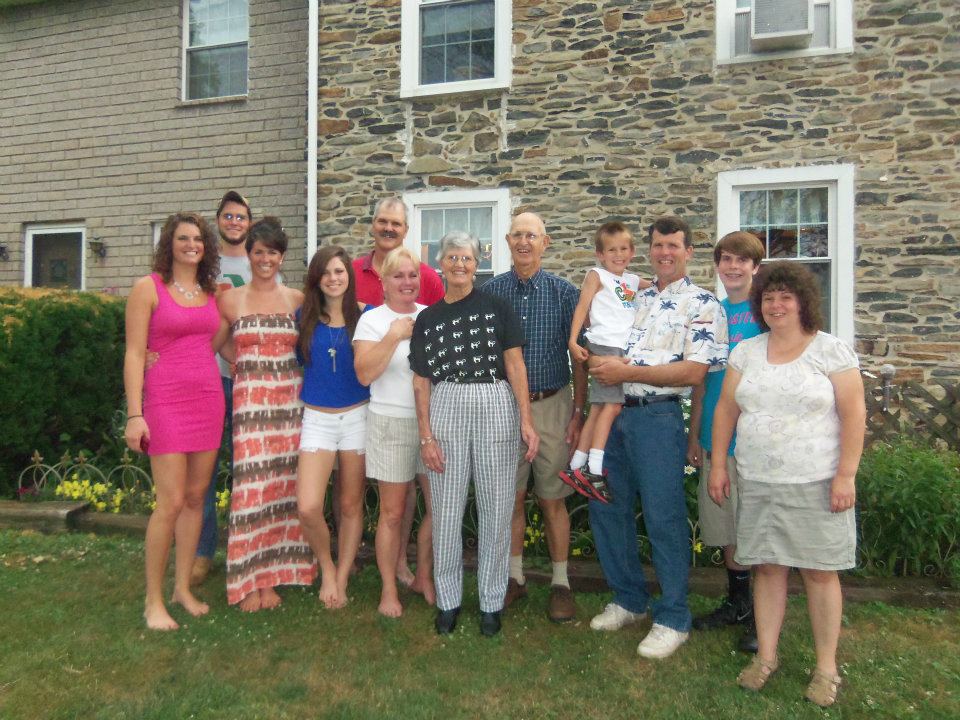
Our 5th generation is serving as key decision makers in the farm operation. Innovation and on-farm education fuel the farm’s progress. We are excited to share our century of experience with you as we produce local, fresh dairy products for generations to come!
Our Mission: Fulper Family Farmstead is a people-oriented family business focused on building dependable, loyal relationships with our customers and meeting the demand of local consumers for fresh, local food. We believe in sharing our farm’s practices and the way our farm has evolved over time with complete transparency through our dairy products and on-farm experiences. We are motivated by our desire to provide a supplemental way for our 5th-generation farm to increase profitability so it remains sustainable for future generations.
